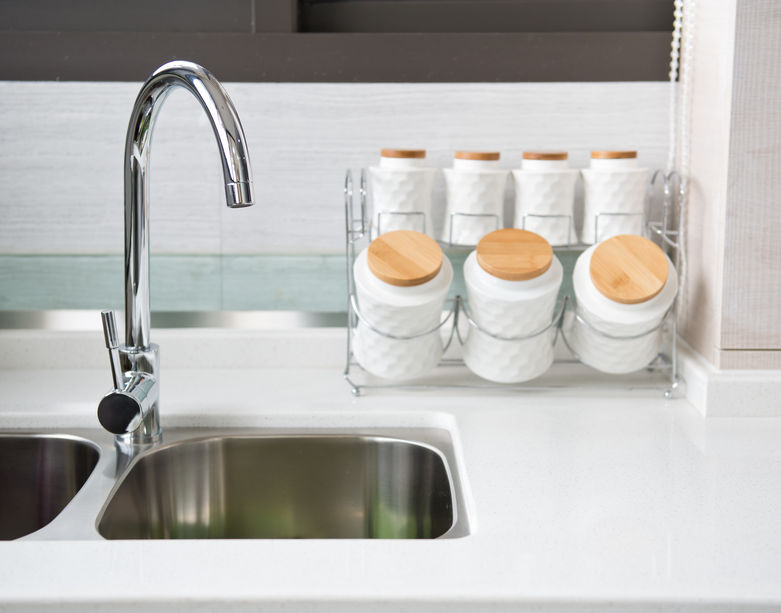Everything You Need to Know About Stainless Steel Sinks

Stainless steel sinks are very popular among commercial and residential applications. However, every type of sink comes with its own sets of pros and cons. Stainless steel sinks are very versatile and low-maintenance. So if you are considering a stainless-steel sink for your own home, you are making an excellent selection. However, there are some things that you may want to know before going and investing in one of these sinks. Here is a break down of some of the most common terminology and benefits of having a stainless-steel sink:
Versatility
There are many reasons why homeowners and businesses alike love stainless-steel sinks. They are incredibly versatile and can be very low-maintenance. Plus, stainless steel is heat- and stain-resistant, which can allow you to place hot pans or sharp objects directly into your sink. These durable sinks have an extremely long-life expectancy as well, with little maintenance. However, if not cleaned properly, they can collect water spots. These eco-friendly sinks are typically made from recycled materials, which can make them more affordable than other sink options like granite or marble. Stainless steel is also very easy to disinfect, which can prevent the spread of bacteria and mold in your sink. While extremely durable, there are different qualities to stainless steel sinks. A low-quality sink may be more prone to denting or having an echoing sound when doing dishes. While aesthetically pleasing and complementary to any other stainless-steel appliances in your kitchen, these sinks have a very limited color palette of options.
What to Know
There are several terms you will start to notice when browsing the market for a stainless-steel sink, including grade, gauge, and production.
Grade
The grade of the sink is referring to how much chromium and nickel are used in the steel. If you see a grade of 18/8, this is referring to that 18% of the stainless steel contains chromium, while 8% is nickel. Marine-grade and surgical-grade are usually 18/10 grade stainless steel.
Gauge
The gauge of the stainless steel is referring to the density. The lower the gauge, the thicker the stainless steel will be. If you buy a high gauge sink like 24 or 22, the stainless steel is less thick. This factor can make it more susceptible to denting.
Stamped or Folded
There are two ways in which the stainless-steel sinks can be formed. When they are stamped, the metal is heated up and pressed into the shape of the sink. This process can make for more vulnerable edges because the metal has been stretched. You can also have a stainless-steel sink manufactured by being folded. This process is when the steel is cut into sheets, folded, and molded together.
Stainless-steel sinks are very versatile. They can be used in many applications while helping you get the best bang for your buck. Research and explore the different options and layouts of sinks available to see which style is best tailored to your needs.